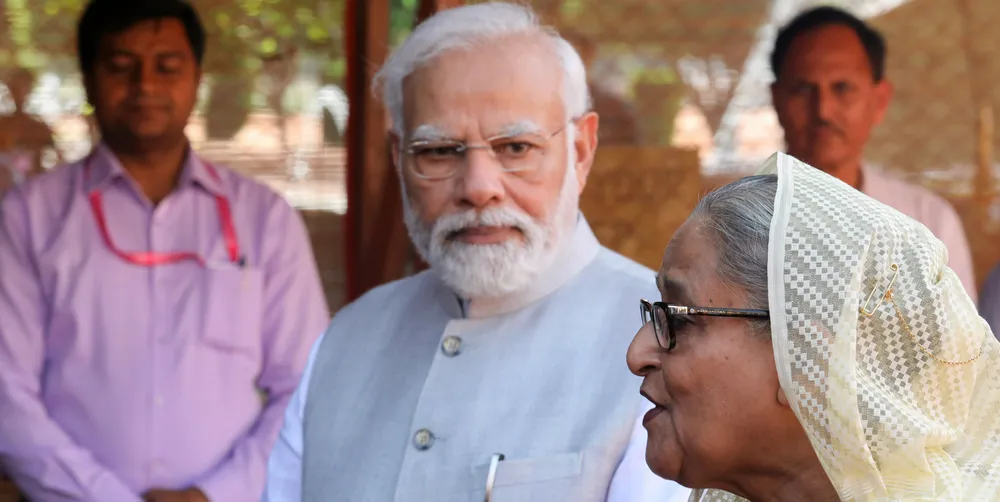Could Bangladesh beat India to first offshore wind? Danes hatch $1bn plan
Global pioneers CIP and COP eye timescale as rapid as five years for 500MW project that could be first in South Asia

Global pioneers CIP and COP eye timescale as rapid as five years for 500MW project that could be first in South Asia
